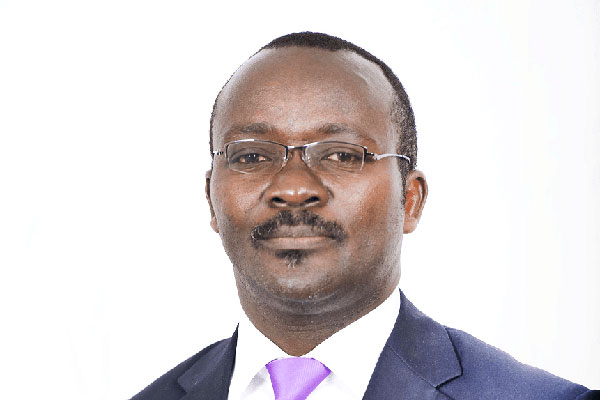Prime
UBTEB set to start flexible learning

UBTEB chairperson Silver Mugisha. PHOTO/FILE//COURTESY
What you need to know:
- Officials say the programme is also suitable for low income earners.
Uganda Business and Technical Examination Board (UBTEB) has finalised plans to start modularised assessment of all programmes examined by the board.
Speaking to the media during the celebrations of the 10th anniversary of the existence of UBTEB in Kampala yesterday, UBTEB chairperson Silver Mugisha said the programme would enable Ugandans work while studying.
“Modularised assessment will be a very positive step in that direction because it brings in flexibility which means that somebody can decide on whether to first work or attend classes depending on their programme,” he said.
Mr Mugisha added that although the system requires a lot of money “we are in the processing of coming up with the final budget , and we expect to start by January next year.”
He added that for the economy to grow, there is need to concentrate on competence-based training.
The Executive Secretary of UBTEB, Mr Onesman Oyesigye, said the system is inclusive as students in schools and those who are not, are able to be assessed together.
“They should be able to come and take on the module they prefer to be assessed and get certificate of competence. They should be able to go and work and do their business and come back at the appropriate time,” he said.
Mr Oyesigye tasked the public to embrace the system as it also favours the low income earners.
“Students will be allowed to take on one module and then go back and work and after they can come back and take on another module,” he said.
Mr Oyesigye added that the board is working closely with other industries to ensure that their graduates get employed immediately.
The Minister of Education and Sports, Ms Janet Museveni, in her speech read by State Minster for Higher Education John Chrysostom Muyingo, applauded the Board for their work .
“We are very glad that the graduates passed out by the Board have increased from 4,641 to 171,835 in a period of 10 years, which is a great achievement in the education sector,” she said.
Ms Museveni added that the board has established institutional linkages and partnership with both private and public sector enterprises through signing of several memorandum of understanding as a way of implementing the Technical and Vocational Education and Training (TVET) reforms.
“As a country we have channelled our energies towards industrial development in order to facilitate national growth and development. This will drive demand for a more specialised and skilled labour forces as well as high technology,” she said.
Reforms
The Technical and Vocational Education and Training (TVET) policy seeks to harmonise institutional frameworks, and create an employer-led system that is flexible to the changing market demands. It also brings the informal sector on board.
In the new reforms, the admission system into technical institutions will be broadened to focus on competences rather than academic qualification.



